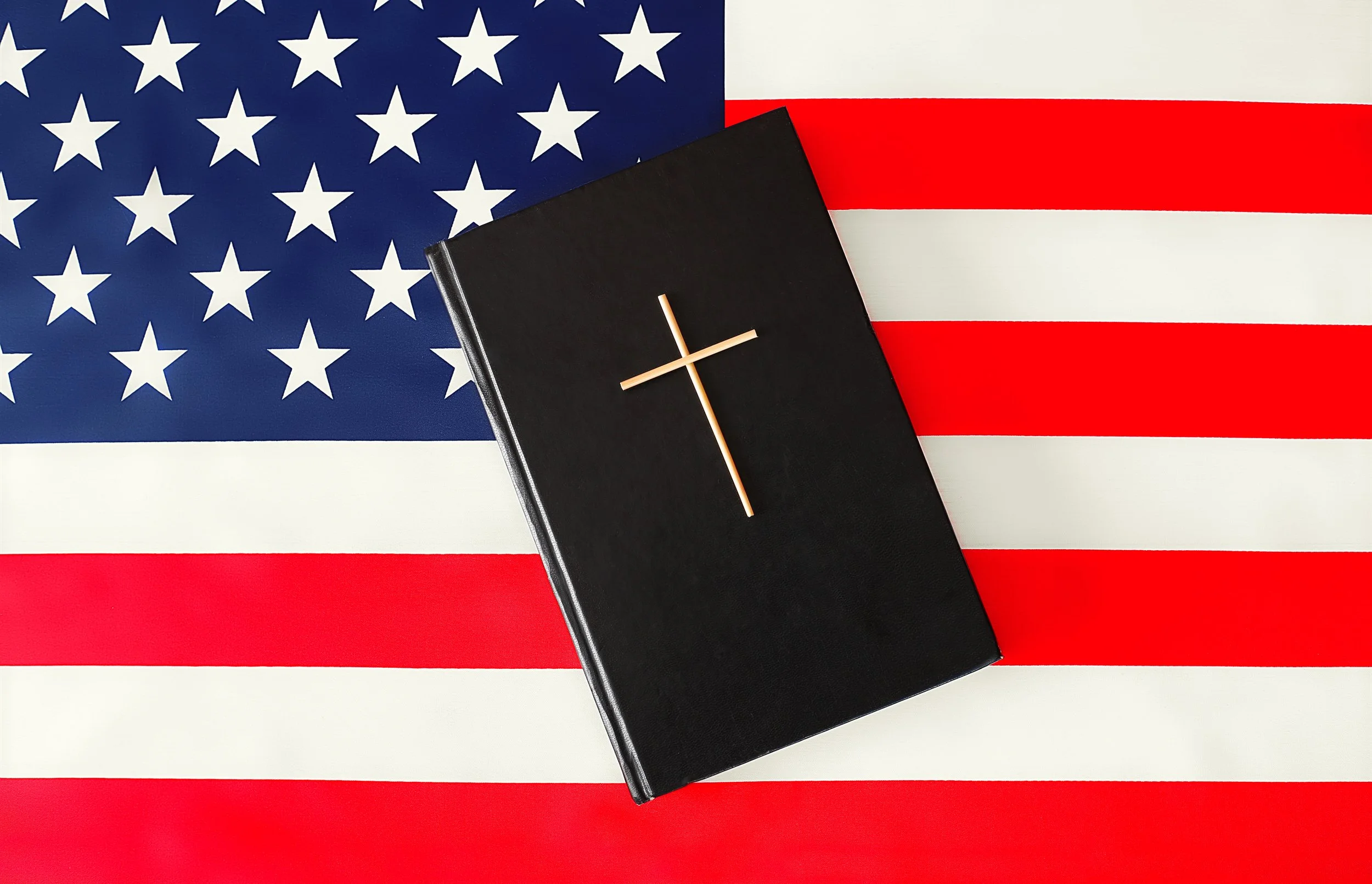One Voice for Public Policy: Legal ≠ Prudent
It’s called “The Johnson Amendment,” and since 1954, it has received criticism from a wide variety of religious folks. Indeed, it has frequently served as a prime example of the degree to which the religious liberty and free speech rights of the Church and her pastors have been unconstitutionally limited. Which is to say, for decades, this portion of the U.S. tax code, has threatened religious (and other charitable) institutions with loss of their tax-exempt status if they openly convey their view on political matters, even when speaking to their own members. Specifically, the Amendment states that [churches] “are absolutely prohibited from directly or indirectly participating in or intervening in any political campaign on behalf of (or in opposition to) any candidate or elective public office.”
But as of July 7, 2025, all that has changed – or, at least, it has been altered in a rather significant way. That is, as a result of a recent lawsuit, the IRS has now agreed to interpret the Amendment to allow churches to fully exercise their First Amendment rights, including the right to openly advocate for or against specific candidates for elective office, as long as they are using “their usual channels of communication on matters of faith.” And for this new interpretation, we are indeed thankful.
That said, the question quickly arises as to whether it is prudent on the part of the Church to actually exercise this new latitude? Should congregations now begin offering suggestions to their members as to which candidates to vote for? Would it be wise for pastors to start moving beyond simply discussing what Scripture has to say regarding various issues of the day and actually begin advocating for specific candidates?
What we are allowed to do … what is legal … is, of course, not the same as what we should do. In fact, it seems that this is almost certainly true in this case. That is, for a wide variety of reasons, it seems clear that the mission of the Church – the proclamation of the Gospel of Jesus Christ – would not be well served by either pastors or congregations becoming so overtly political as to endorse or advocate for or against a specific person running for office. And, in fact, this reflects a long-standing consensus within the LCMS.
Does that then mean that this new IRS interpretation of the Johnson Amendment is essentially meaningless to those of us in the LCMS? Well, not entirely. While we should not, in the Missouri Synod, expect to see pastors hanging campaign banners from the pulpit, it does seem that this change in interpretation may have a real and positive impact on congregational life, as it may encourage pastors who, in the past, have been hesitant to discuss the issues of the day, to begin to speak on those issues. Not that they should begin offering commentary on any or every matter of public policy, but rather that they might begin to see the judicious offering of Scriptural guidance on that narrow range of issues to which the Church has formally chosen to speak, as a legitimate part of the pastoral calling. Indeed, reflecting our Lutheran doctrine of the Two Kingdoms, we stand on solid theological ground when we chose – for the sake of our neighbor’s welfare – to engage with the culture and in its political process by circumspectly and prudently applying the wisdom of the Scriptures to specific issues of public policy.
The primary and unique calling of the Church is, of course, to proclaim the Gospel of Jesus Christ. Indeed, that calling will always consume the vast majority of the time and energy of the Church and its pastors. Still, in our baptisms, we are also called to “love our neighbors” and do all we can to provide, not only for their eternal but also their temporal welfare. It is always with that motive and for that reason that we Christians choose to engage in the culture and its political processes.
Blessed as we are to live in a nation that gives us the religious liberty to worship God freely and openly, as well as the right to live our daily lives in conformity with our faith, God grant that we will not shrink from actively using our citizenship in general and our free speech rights in particular for the benefit of our neighbor.
In Christ,
Rev. Scot Missling
Pastor
Bethlehem Lutheran Church, St. Paul
MN South Public Policy Advocate
pastorstpaullcms@gmail.com


